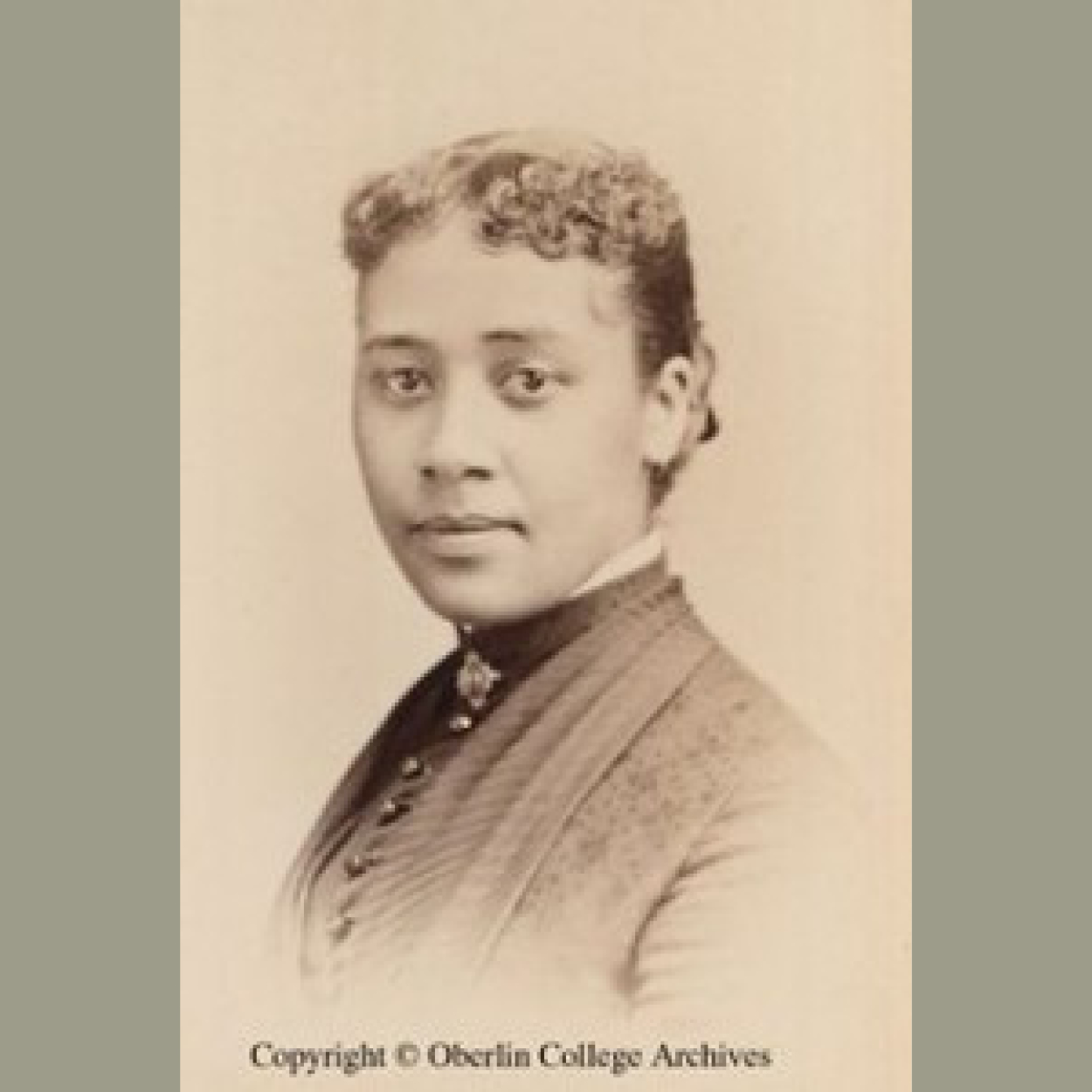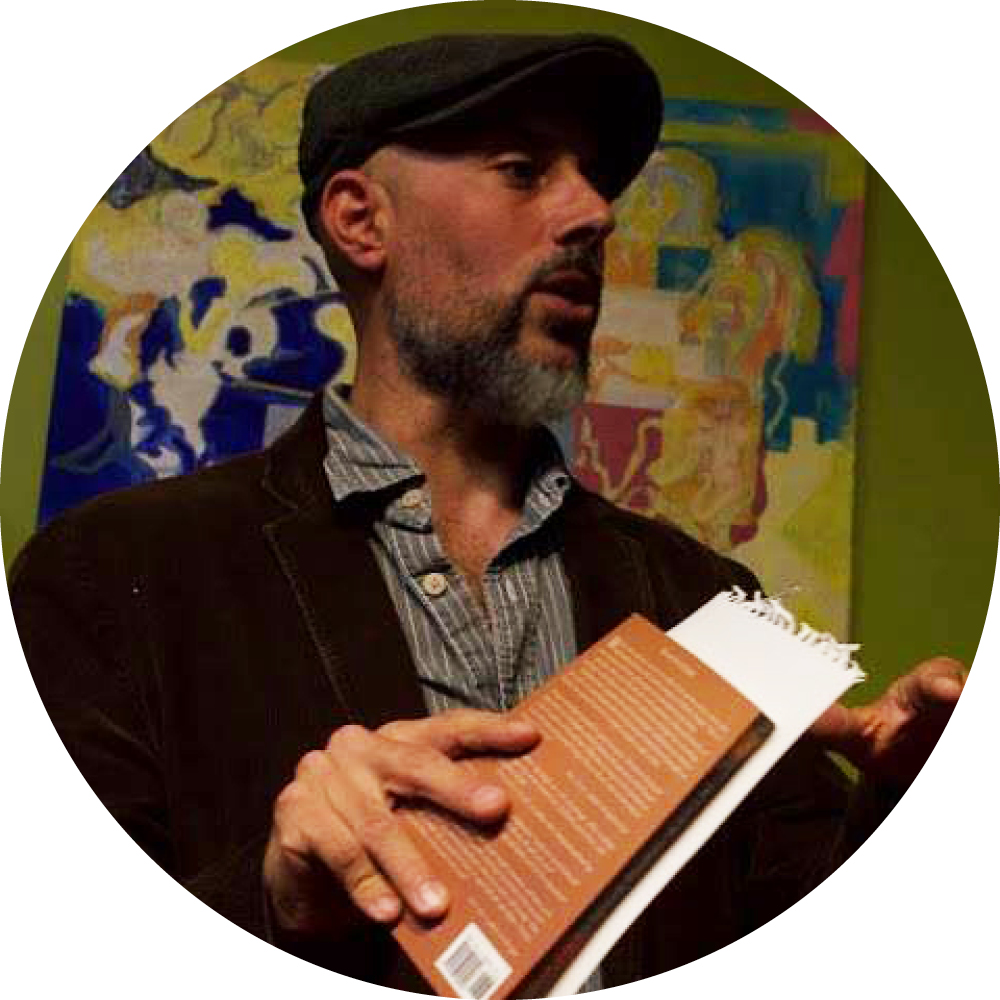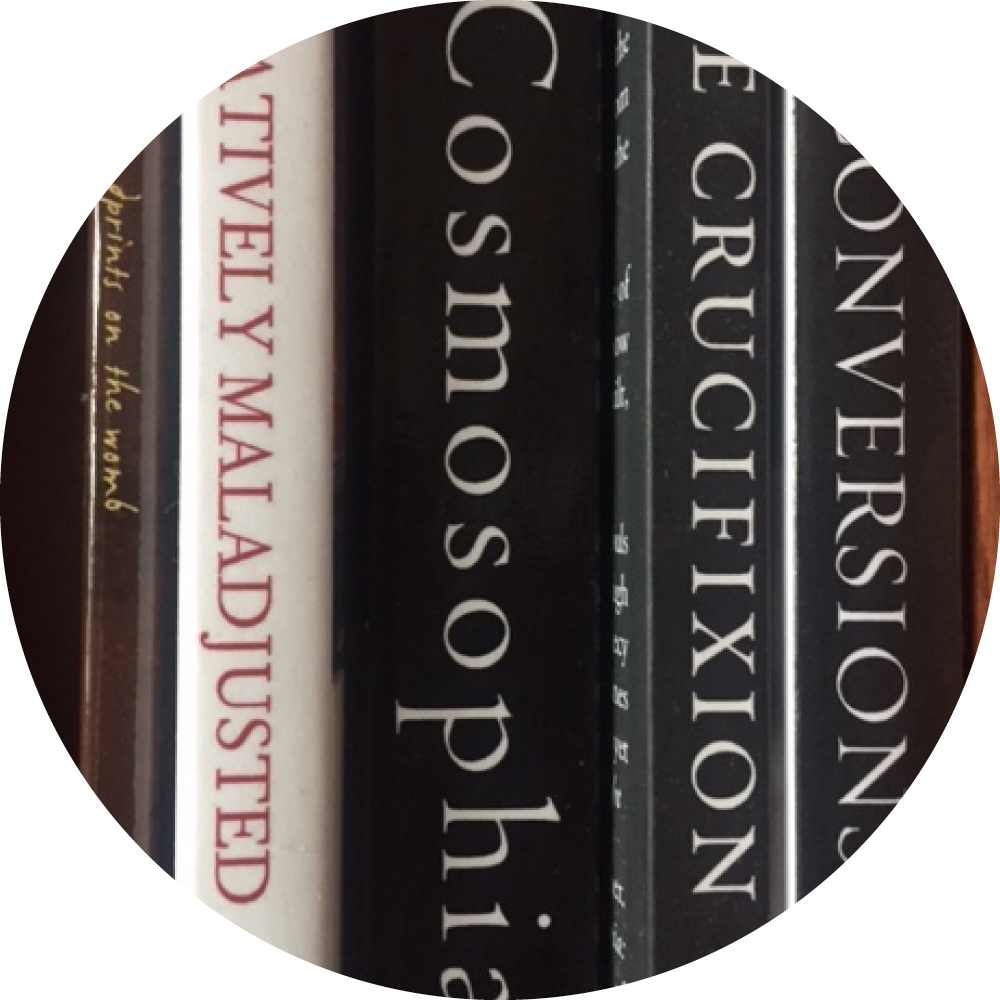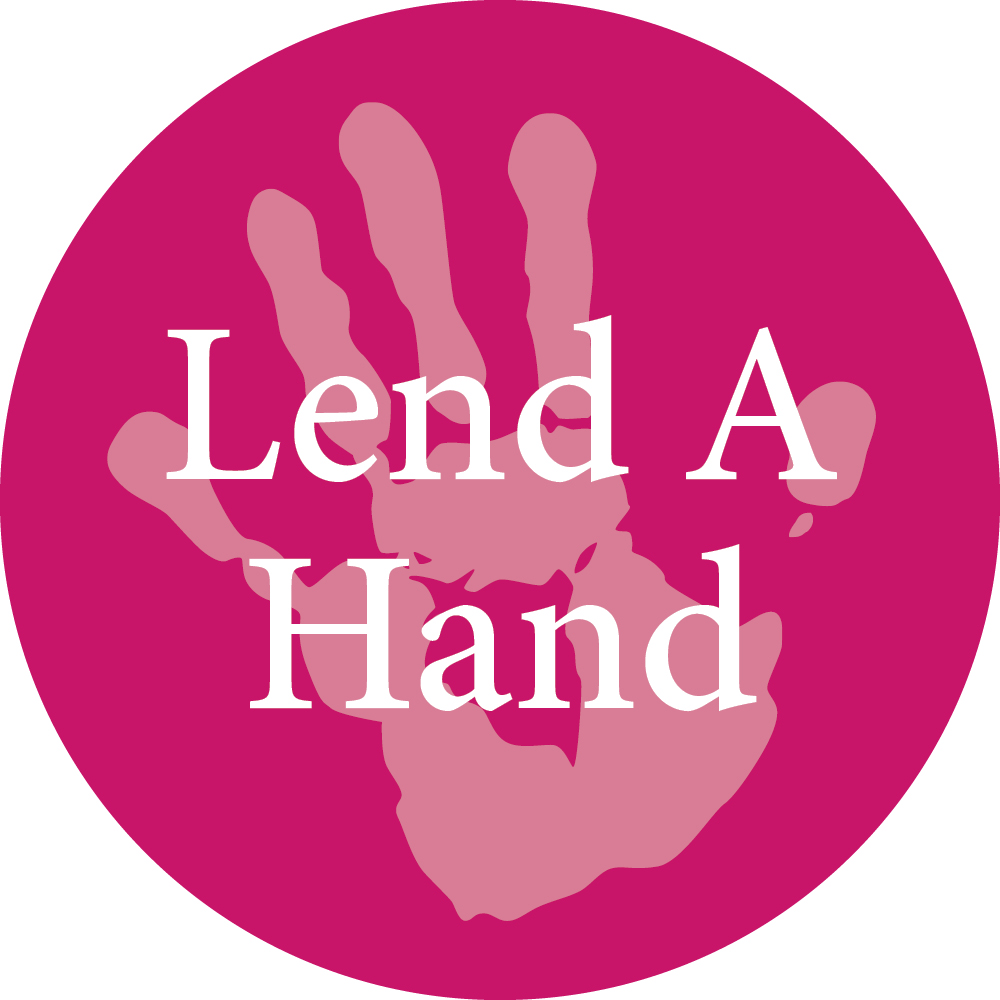The Mis-education of Serenity Hughes:
A Journey to Self Realization
By Serenity Hughes
When I stepped foot on Wellesley’s campus, I was overwhelmed by Whiteness. I felt like I was being drowned in a sea full of snow, surrounded by white and overwhelmed with the feeling of coldness. The specks of Black students scattered around campus gave me hope. Although these specks were scarce, seeing students that looked like me, who embodied excellence with indomitable perseverance, filled me with optimism in regards to the experience I would have at Wellesley. I became close with a handful of Black seniors when I was a first year, and they all recommended that I take a course with Professor Cudjoe; they described him as an influential figure that was down for the cause and always had his students’ backs.
At first, I was apprehensive. Professor Cudjoe’s resume is long and astonishing, and I did not know if I was “good enough” to be his pupil, seeing that he has taught educators like Dr. Cornel West. After weeks of perturbation, I finally enrolled in a course taught by Professor Cudjoe: An Introduction to the Black Experience, which was the best decision I have ever made in my life.
The Mis-Education of a Negro by Carter G. Woodson is one of the books that we read for Cudjoe’s course. This book had a profound impact on me, because what Mr. Woodson was saying resonated with me. I am from the South Side of Chicago, which is not the ideal place for a child to grow up. Gangs, drugs, and poor performing schools are the norm. Abandoned homes, trash infested alleys, and boarded up businesses seem like the only tourist attractions. Police and ambulance sirens are the only sounds that I seem to hear.
I was invisible. I was doomed from the start. Ironically, the name of my elementary school was Carter G. Woodson Middle School, and he, along with Langston Hughes and Toni Morrison, were the only prominent Black scholars that I knew. The school that I attended was full of Black people, my peers were Black and my teachers were Black. Even though Black excellence and promise surrounded me, I was mis-educated. I was taught everything about Britain, France, and Germany: from their wars, to their parliaments, to their misfortunes. I was taught everything about White America: from their famous authors, to their Presidents, to their misfortunes. I did not know anything about Africa. I did not know anything about Africans in America, besides their misfortunes, which included slavery.
Maybe this was done on purpose; the Black boys and girls at my school were possibly mis-educated in order to indoctrinate in their minds elements of inferiority and self-hatred. From this book, I learned how important it is to teach young black children their history, because the affects that come with the denial of a proper education are hard to shake, which I experienced first hand. I was ignorant, and I was mis-educated. I was taught to “admire the Hebrew, the Greek, the Latin and the Teuton and to despise the African”. I was taught that I was inferior and that Whites were superior, because I was denied the opportunity to learn about people of African descent who did great things in the world of academia and the world in general.
For instance, I learned about Napoleon, but I did not lean about General Dumas; I learned about Johann Sebastian Bach, but I did not learn about Chevalier de Saint-Georges. My school’s refusal to teach me about African American history deprived me of a heritage and relegated me to “nothingness and nobodyness.” Inferiority seeped through my skin and ran through my blood. I had to get rid of it somehow.
Like Ta-Nehisi Coates, I always knew that my body was inferior. Unlike him, I did not know how to deal with this sudden flush of inferiority, so I tried to distance myself from its source: my blackness. When I was younger I hated being Black. I hated being looked down upon. I hated the idea that I was not equal. I tried to wash my black skin off with soap. I tried to distance myself from the Black community as a whole, which was hard because my mother was a closet Black Panther who preached about the cause every moment she got. I looked down on Black people. I thought that I was better because I spoke proper English. I despised Black men. I thought White men were superior because the color of their skin gave them privilege, and I thought that if I became intimate with one their privilege would rub off on me.
What I did not know was that embodying White ideals could not save me; my desired metamorphosis into a White person would not make me more human. I was an insecure, self-hating black girl. I was the Black person Frantz Fanon described in his book Black Skin, White Masks. While reading this book, a wave of emotions came over me. Although I was able to rid myself of the inferiority complex by my sophomore year of high school, I still felt embarrassed that I was once its prisoner. Like the many Black men and women Fanon discusses in his book, I suffered from internalized racism, and thought that if I embodied White ideals I would gain admittance to the White world, which was an unfathomable goal to have in the first place.
From this book, I learned that the Black man and woman cannot truly be free until they rid their minds of the inferiority complex, which they possess in the first place due to colonialism altering their psyche, and indoctrinating in it the notion of inferiority.
The school that I attended was full of Black people, my peers were Black and my teachers were Black. Even though Black excellence and promise surrounded me, I was mis-educated. I was taught everything about Britain, France, and Germany: from their wars, to their parliaments, to their misfortunes. I was taught everything about White America: from their famous authors, to their Presidents, to their misfortunes. I did not know anything about Africa. I did not know anything about Africans in America, besides their misfortunes, which included slavery.
This book further instilled in me the idea of teaching Black students Black history, because when all that you are taught is White history, you begin to think that your history is inferior. When you think that your history is inferior, you begin to think that your race is inferior. When you think that your race is inferior, you begin to think that your body is inferior. When you think that you body is inferior, you begin to accept the nothingness and nobodyness that you think you embody, convincing yourself that you do not matter. The feeling of dependency and inadequacy among the Black race is real, which is why we need more teachers and professors of African descent to help us rid ourselves of the inferiority complex Fanon preached about.
Cudjoe’s essay What I Teach and Why solidified the idea of my becoming a professor. I have always been interested in studying Black films and television shows, and their affect on Black culture, Black ethics, and the Black race’s views towards the White gaze. When I came to Wellesley, I intended to major in Cinema and Media Studies, but I realized that there were no classes geared towards what I wanted to research.
The mis-education of Serenity Hughes was a continuous cycle.
I did not want to learn about D. W. Griffith, Alfred Hitchcock, Woody Allen, or Robert Altman. Instead, I wanted to learn about Ava DuVernay, Spike Lee, John Singleton, Gina Prince-Bythewood, and Shaka King. What was Wellesley teaching me? Were they trying to further indoctrinate in my mind the sense of inferiority that took so long for me to shake? Were they rubbing in my face the fact that I was a minority here; so teaching my people’s history was not important?
In the Africana Studies department, I found refuge and a sense of place. Here, I am taught, as Professor Cudjoe says “we (people of African descent) are one of the most profoundly creative of all contemporary peoples.” I am taught that Black literature matters, Black art matters, Black music matters, Black bodies matter, and that I matter. I intend to attend a graduate school focused on African American History, and while there, I plan on centering my studies around Black films and Black literature. I do not want the next generation of Black creatives to get to college and realize that their Cinema and Media Studies departments think that their art is inferior; therefore, I want to become a professor in order to “write with my people, study with my people, and attempt to share my knowledge with my people”. I want to provide students with the opportunity to study Black films in depth, something I am being denied at Wellesley. I want to help Black students like Professor Cudjoe helped me.
When I go home, I plan on joining an organization called Assata’s Daughters. Assata’s Daughters seeks “to create and hold space for dialogue, affirmation, and for the exploration of the different forms of Black women’s empowerment and self-determination.” The program aims to educate young Black girls by liberating their minds, which is something that Anna J. Cooper discussed in her book A Voice From the South. This book shaped my understanding of the Black experience by noting how important Black women are to the improvement of the Black experience, which is why we should be encouraging Black girls to go to college. It was not until I got to Wellesley that I was introduced to writers like Bell Hooks, Audre Lorde, Patricia Hill Collins, and Gayl Jones. Reading books by these Black women helped me realize that I had a voice, and that my voice was important.
Women are necessary, black women are necessary, and by allowing them to pursue a higher education, you allow them to influence the world in positive ways,” which is something that I think Blacks are starting to realize.

Anna Cooper
Anna J. Cooper argues that women and girls “have a voice that must be heard because they have an influence and contribution to the race and all of humanity”. That statement is powerful and full of truth. From the Civil Rights Movement, to the Black Panther Party, to the Black Lives Matter movement, to the Black Youth Project, Black women have been the backbone of every major push for Black liberation. Educating women gives rise to “strong, brave, active, energetic, well-quipped, thoughtful women – women quick to see and eager to help the needs of this needy world”.
We possess limitless talent, but the male gaze hinders us from acting on our greatness. There is an obsession with maintaining monolithic notions in regards to what it means to be a Black woman, and I want to break those notions down. I want to teach these Black girls to question everything and to ignore the male gaze. I want to teach these Black girls to wear their blackness with pride. I want to teach these Black girls that it is okay to be comfortable with their sexuality, whether they are straight, bisexual, lesbian, pansexual, etc. I want to “give the girls a chance” and let them know that “they can impact the world positively”.
I have never been so sure of myself. I have never been so confident in myself. I have never been so at ease and comfortable with my blackness, my sexuality, my being, until now. Even though Black Skin, White Masks, The Mis-Education of a Negro, What I Teach and Why, and A Voice from the South might just be books detailing the Black experience to some, they are more than that to me. These books helped bring to light my inner struggles, and helped me cope with things I have struggled with in the past. These books helped me view blackness in a different light, and helped me realize that blackness means something different to everyone. These books taught me that I am inferior to no one, and that I should not feel ashamed that I was once a prisoner to internalized racism, because it had been indoctrinated in my brain at birth.
I am no longer the invisible man Ralph Ellison wrote about: I am “a woman of substance, of flesh and bone, fiber and liquids” that does possess a mind.
Works Cited
Cooper, A. (1892). A Voice From The South. Xenia, Ohio: The Aldine Printing House.
Cudjoe, S. (1987). Teaching, Teachers, & Teacher Education. What I Teach and Why, 136-154.
Ellison, R. (1995). Invisible Man (2nd Vintage International ed.). New York, New York: Vintage International.
Fanon, F. (1952). Black Skin, White Masks. Editions du Seuil.
Woodson, C. (1990). The Mis-Education of the Negro. Trenton, New Jersey: Africa World Press
Vocabulary List
Socialism – noun- a political and economic theory of social organization that advocates that the means of production, distribution, and exchange should be owned or regulated by the community as a whole.
Propaganda – noun- information, especially of a biased or misleading nature, used to promote or publicize a particular political cause or point of view
Communism – noun- a political theory derived from Karl Marx, advocating class war and leading to a society in which all property is publicly owned and each person works and is paid according to their abilities and needs.
Intertexuality – noun- the relationship between texts, especially literary ones.
Nation – noun- a large aggregate of people united by common descent, history, culture, or language a particular country or territory.
Feudalism – noun- the dominant social system in medieval Europe, in which the nobility held lands from the Crown in exchange for military service, and vassals were in turn tenants of nobles, while the peasants were obliged to live on their lord’s land and give him homage, labor, and a share of the produce, nationally in exchange for military protection.
Capitalism – noun- an economic and political system in which a country’s trade and industry are controlled by private owners for profit, rather than by the state.
About The Author
Serenity Hughes
Serenity Hughes is a second year student at Wellesley College, where she studies Africana studies and film. She is a Chicago Wisdom Project alum and will be interning there this summer as a Mellon Fellow.
Re-sources
Re-Imagining Education

Empowering educators to take a deeper look at the stories told in our schools and to re-imagine them in transformative and
nurturing learning spaces.
learn more
Learning Opportunities

Classes, workshops, and lectures that help to empower people to re-imagine who they are and their place in the world.
learn more
Books

Books written by
Re-imagining authors
learn more
Get Involved

Help the Chicago Wisdom Project realize its mission to re-imagine education through holistic programming that transforms individual, community and world through creative expression.
learn more